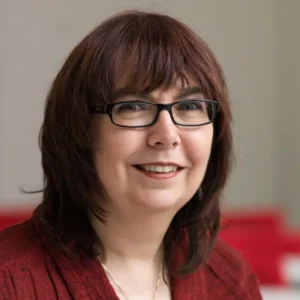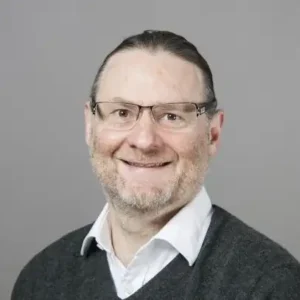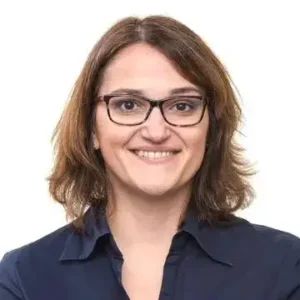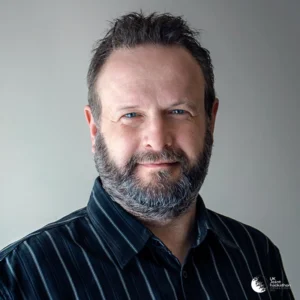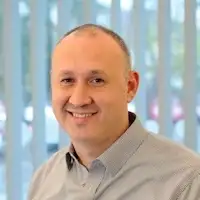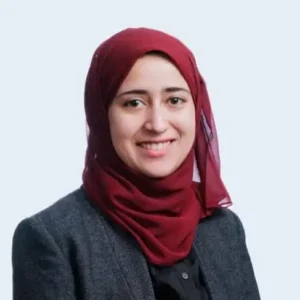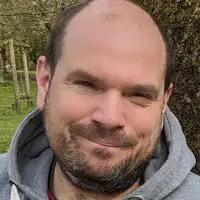Working together across ELIXIR: UK Node at the 2025 All Hands
The ELIXIR All Hands Meeting 2025, held in Thessaloniki, Greece, 2-6 June, brought together members from across Europe to exchange ideas, coordinate infrastructure development, and shape the shared future of life science data. Among the many contributors, colleagues from UK-based institutes participated actively across sessions, working alongside partners from other Nodes to strengthen collaborations and advance areas of shared interest.
Working together on FAIR practices, training and community building
More than 25 participants from the UK Node attended the meeting, alongside colleagues from BioFAIR. Together, they represented a wide range of expertise across the ELIXIR community, contributing to six co-led sessions, panel discussions, and 22 UK-related posters, as well as broad engagement in both technical and strategic conversations.
Workshops on enhancing RDM resources (Munazah Andrabi), empowering knowledge sharing (Xenia Perez-Sitja and Munazah Andrabi), and mentorship programmes for female leaders in ELIXIR (Xenia Perez-Sitja) demonstrated our commitment to building inclusive and collaborative FAIR ecosystems.
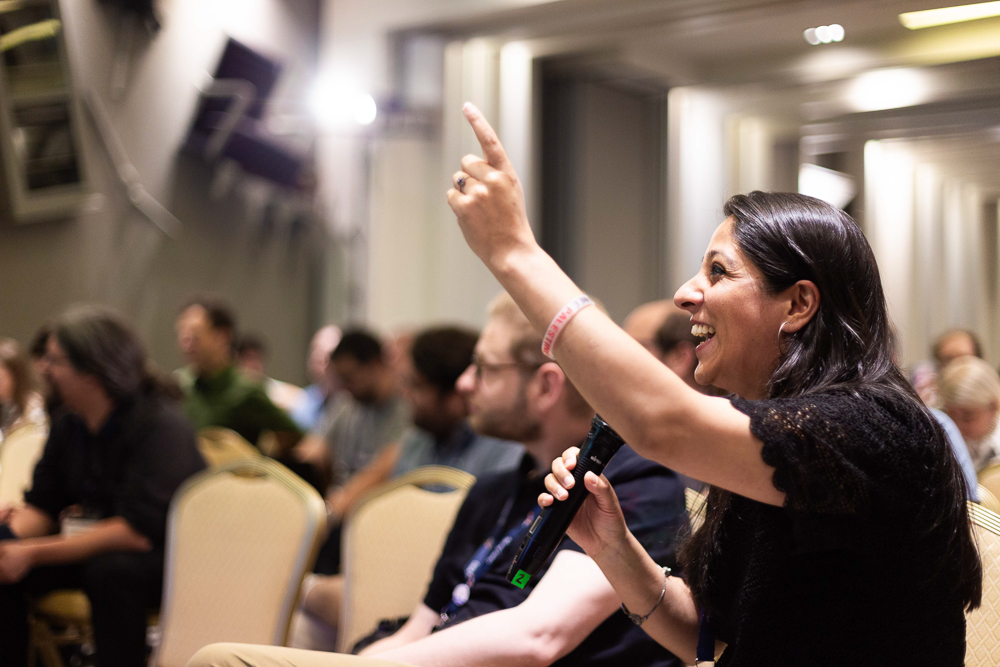
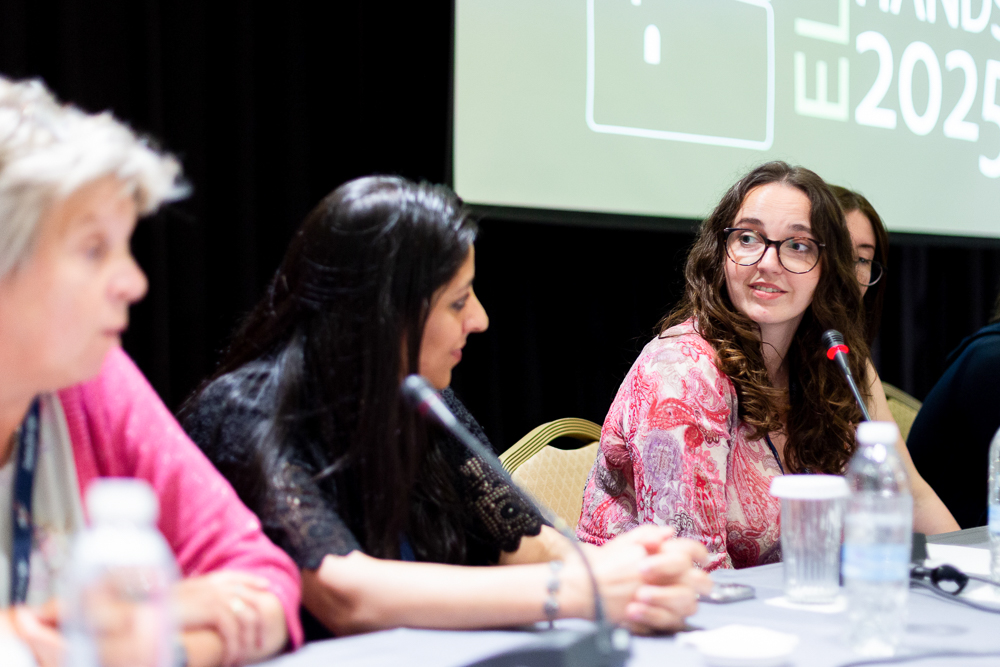
Several sessions brought together contributors to explore emerging technical priorities and advance shared research infrastructure: Paving the way for Digital Twin Infrastructure Research (Sara Morsy), Data Annotation and Representation – a move towards reducing variability (Esmond Urwin, Tim Beck), The EVERSE project: establishing a framework for research software quality (Shoaib Sufi) and FNS-Harmony ontology: experiences and lessons learned (Maria Traka).
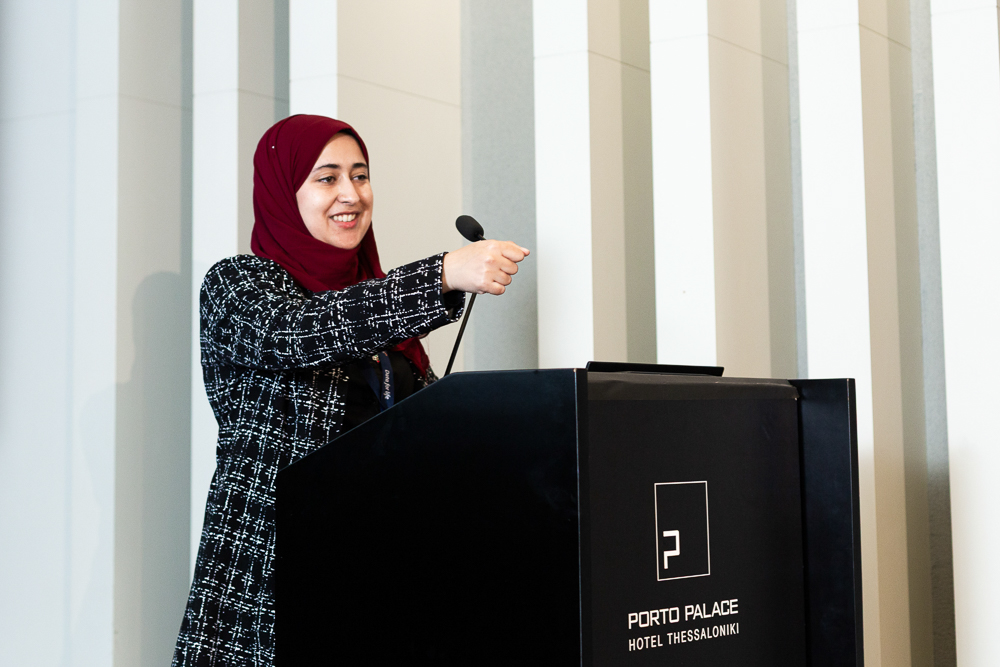
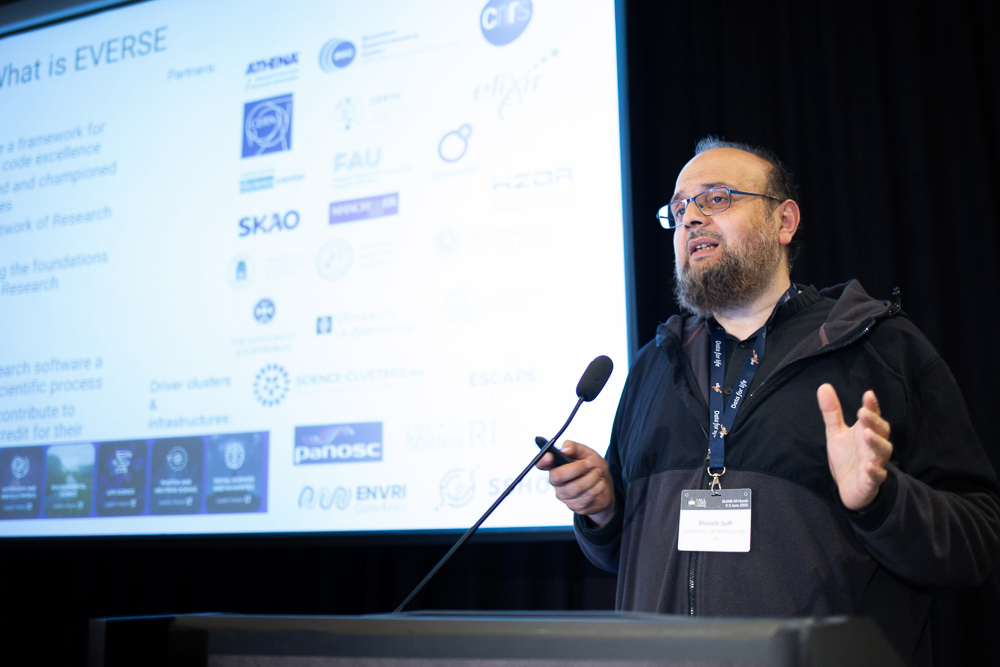
A workshop on Connecting ELIXIR Communities featured Tony Burdett in a coordination role, helping build synergies across ELIXIR.
These sessions highlighted shared efforts to build inclusive communities across Nodes, where training, equity and infrastructure are not separate topics but interlinked ones. They also reflected the value of cross-Node expertise in tackling complex challenges – from ontologies to phenotype harmonisation – and building tools that work across disciplines.
Closing keynote led by an ELIXIR-UK member
The meeting concluded with a keynote by Irene Papatheodorou, “Decoding phenotypes at the cell type level”. Through her research in computational single-cell genomics, her talk inspired a vision for how the ELIXIR community can facilitate more coordinated, infrastructure-supported approaches to understanding cellular phenotypes, with collaboration at the heart of that effort.
Collaboration as a foundation for sustainability
Throughout the meeting, strategic discussions around EOSC, service sustainability, and long-term infrastructure alignment were shaped by contributors from multiple Nodes. In a plenary session, Munazah Andrabi emphasised the importance of non-hierarchical, community-led collaboration across Nodes, drawing on the example of the RDMkit – a successful resource built through equal participation, trust and transparency that is now a recommended resource by the European Commission.
The meeting reinforced that research infrastructure is not just built from services and data, but through relationships, shared priorities and the willingness to work across institutional and national borders.
Our participation reflected not only areas of national strength but, more importantly, the value of sustained collaboration across Nodes.
Pictures owned by ELIXIR Europe.

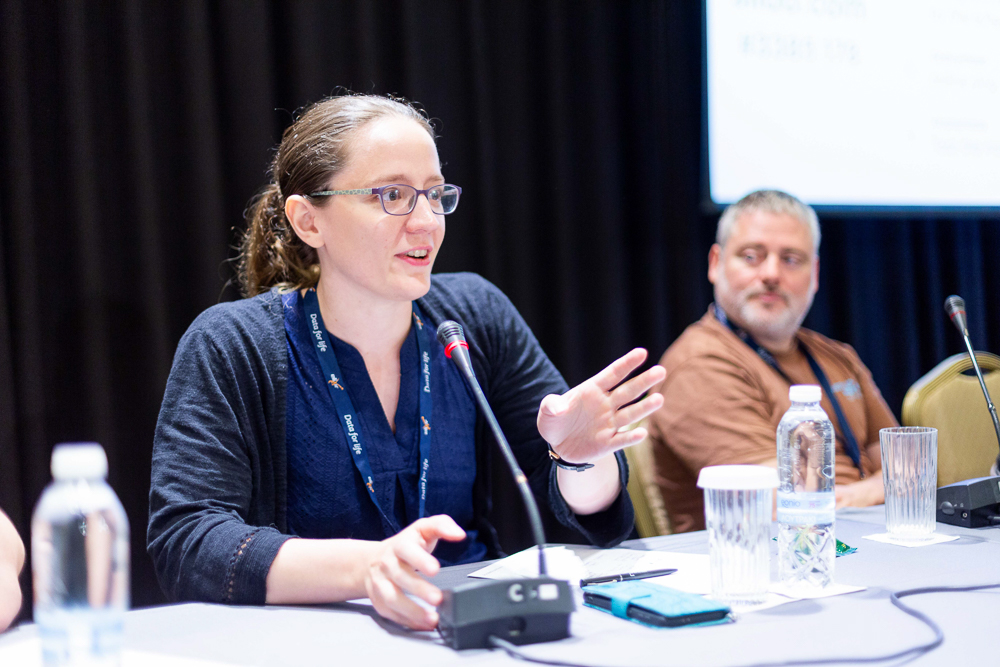
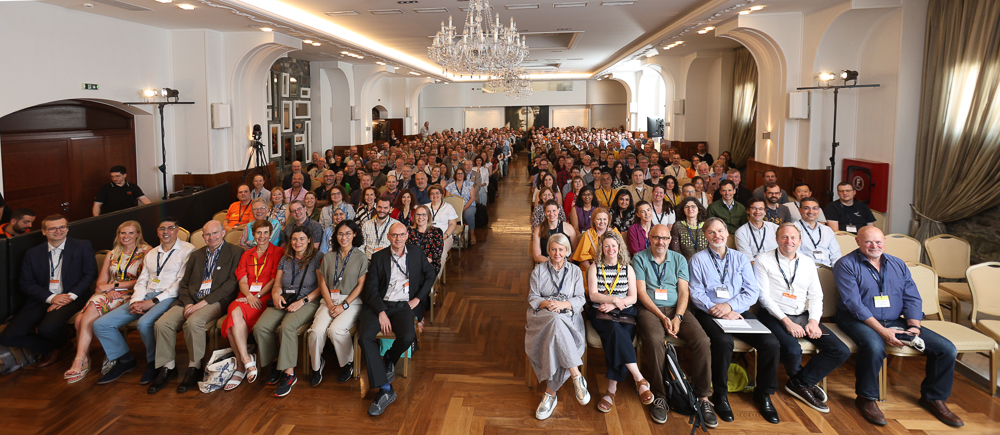
Notes to editors
About ELIXIR-UK
ELIXIR-UK is part of the European ELIXIR infrastructure, which supports life science research and its translation to medicine, the environment, and society. By integrating national bioinformatics resources, ELIXIR-UK aims to provide a sustainable infrastructure for biological information, ensuring that data is effectively managed, analysed and shared across the scientific community.
For further details, reach out to us at contact@elixiruknode.org

